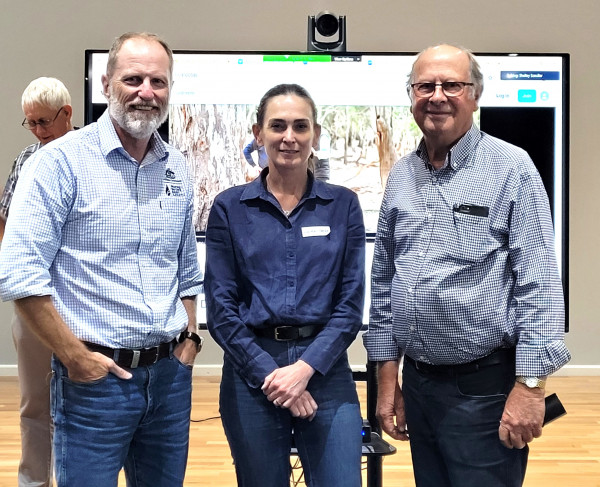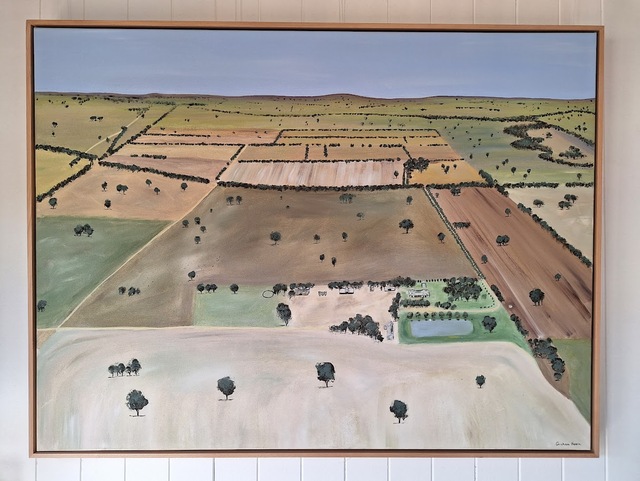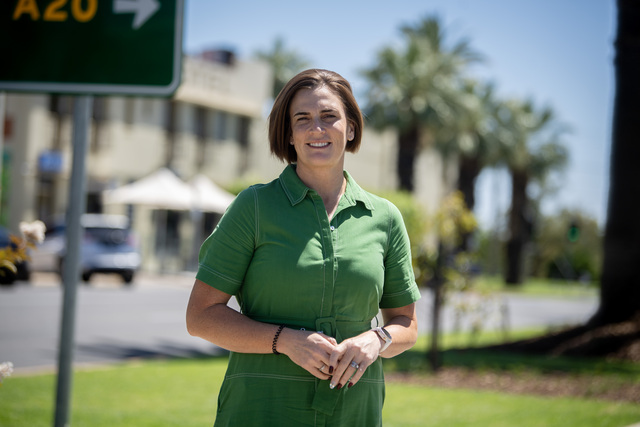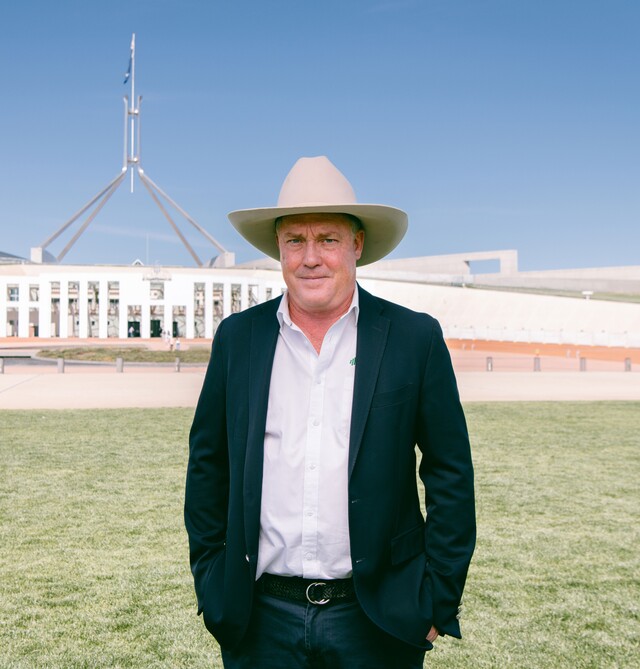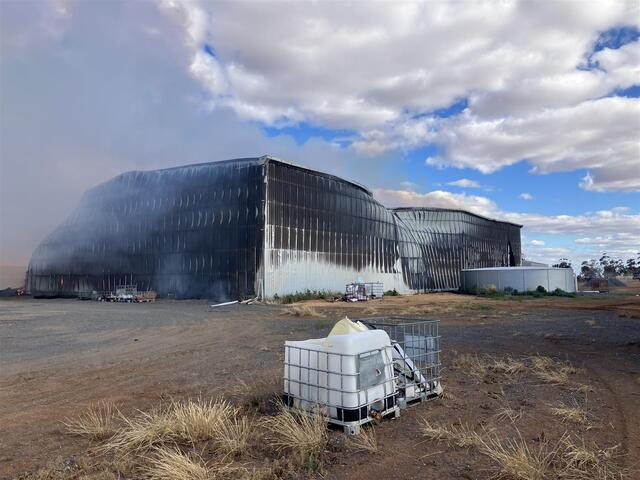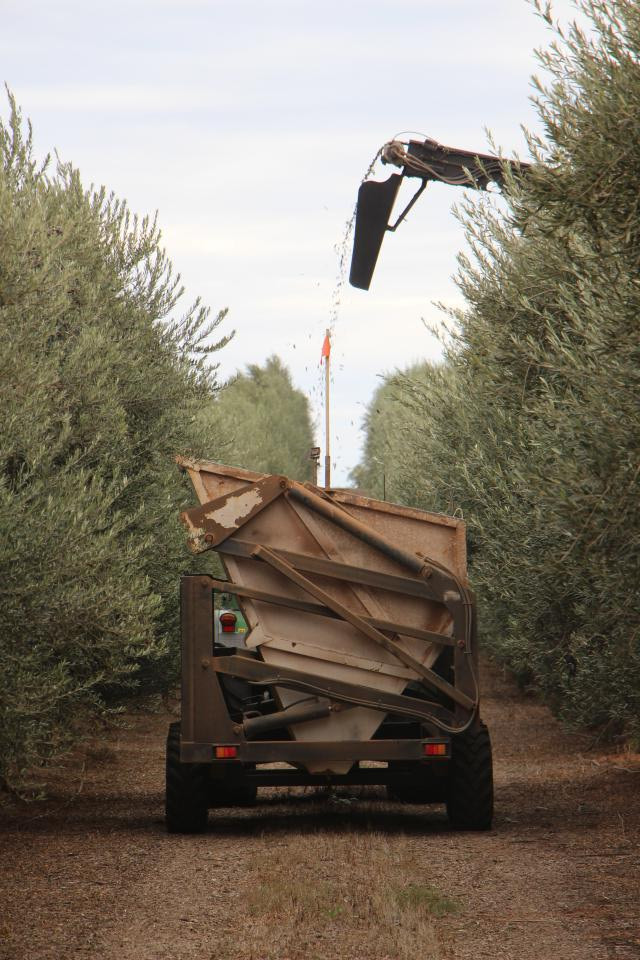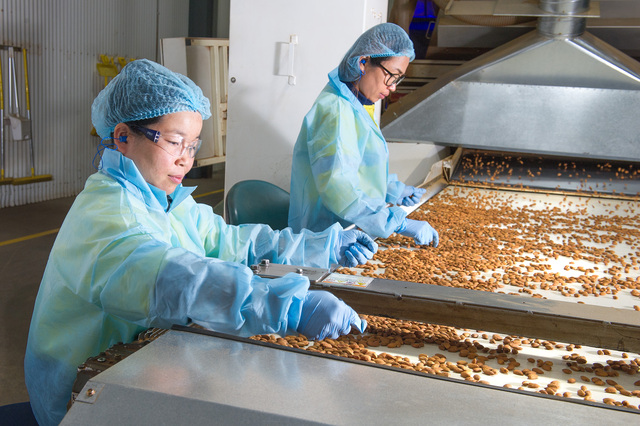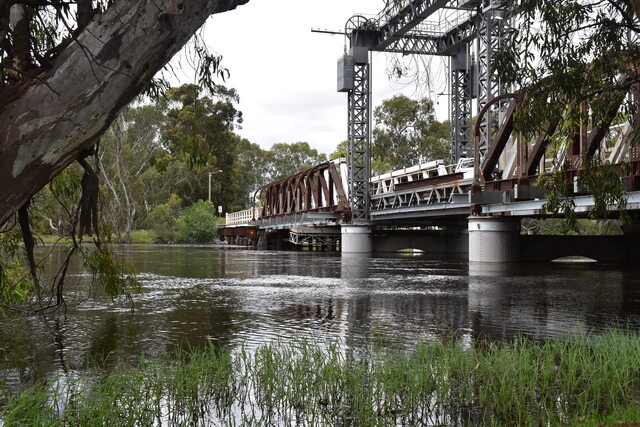FARMER driven coalitions are lining up to demand an end to water buybacks out of the Murray Darling basin.
Southern Riverina Irrigators and now the Murray Regional Strategy Group have both condemned the ongoing Federal Government strategy of taking more water away from irrigators and communities throughout the region.
A new report – The Impact of Water Buyback on the Southern Murray Darling Basin Dairy Industry – paints a disturbing picture according to MRSG chairman Geoff Moar, who said it includes analysis that milk production in the region could collapse as much as 15 per cent if buybacks are not stopped immediately.
Mr Moar said it is “imperative the Australian Government acknowledges the damage of its buybacks and halts further water purchases until additional research is undertaken”.
Southern Riverina Irrigators chief executive Sophie Baldwin agreed, and said “the damage to our communities from further buybacks will be catastrophic”.
Ms Baldwin said if the Federal Government is serious about increasing productivity to stimulate the economy, it must stop Basin Plan buybacks and keep farmers farming.
She said irrigation equals productivity and it is common knowledge right across rural communities when farmers have a good year, the whole region thrives.
“Murray Dairy recently stated for every $1 million generated by dairy, 6.5 full time jobs are created,” Ms Baldwin said.
“While a study funded by Dairy Australia found buybacks could reduce the productive milk pool by 270 million litres annually, which in turn impacts the profitability of processors, logistics, manufacturing, small business and of course employment.
“And dairy is just one example of an industry reliant on irrigation.”
MRSG said a regular supply of fresh milk, one of the healthy staples which is an essential part of our diet, is under threat as dairy production plummets.
Mr Moar said communities have almost pleaded with Canberra to work with them on sustainable solutions which protect both the environment and the production of staple foods on which Australian families rely.
“Food security should be at the top of the national agenda, alongside other important issues such as housing affordability and defence,” he said.
“Yet at present it does not appear to be a government, or even community, priority.“If we do not change this thinking, we could be heading towards a food security crisis.”
He also supported comments from NSW Farmers and its Dairy Committee chairman Malcolm Holm, himself a dairy farmer in the southern MDB, who said “our own government is stripping us of the water we need to produce the nation’s milk, and it’s pushing us out the door of the industry”.
Ms Baldwin stoked the argument further, claiming commodities such as rice and cereals, as well as dairy, are grown in the southern basin and across northwest Victoria because of access to affordable irrigation water.
She said if you take away that affordability, all of a sudden, these Australian grown staples no longer appear on supermarket shelves, and the cost-of-living crisis continues to worsen.
“It is basic supply and demand – as more water leaves the productive pool prices go up, margins decrease and the staple commodities we are so dependent on disappear, along with our farming families who can no longer see a profit or a future,” she said.
“Australia will end up being a country growing supposed ‘high value crops’ such as almonds, owned by overseas corporates, while our generational farming families and all they produce will be gone.
“State and Federal Governments already own 4.6 million megalitres (enough to fill Sydney Harbour nine times) of environmental water.
“Industry, towns and agriculture only use 28 per cent of the total water in the southern basin; the rest goes to the environment through HEW, PEW, conveyance and run of the river.
“The MDBA has already admitted it can no longer achieve one of the key principles of the basin plan (80,000ML a day at the South Australian border) and yet this madness continues.
“If a Labor government is supposed to be about workers and job creation, it must stop buybacks and look at the real impact they are having on irrigation-dependent communities, not some glossed over socialist impact manipulated by distorted data and figures.”

